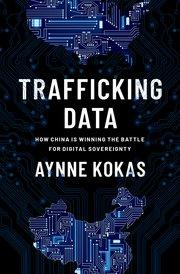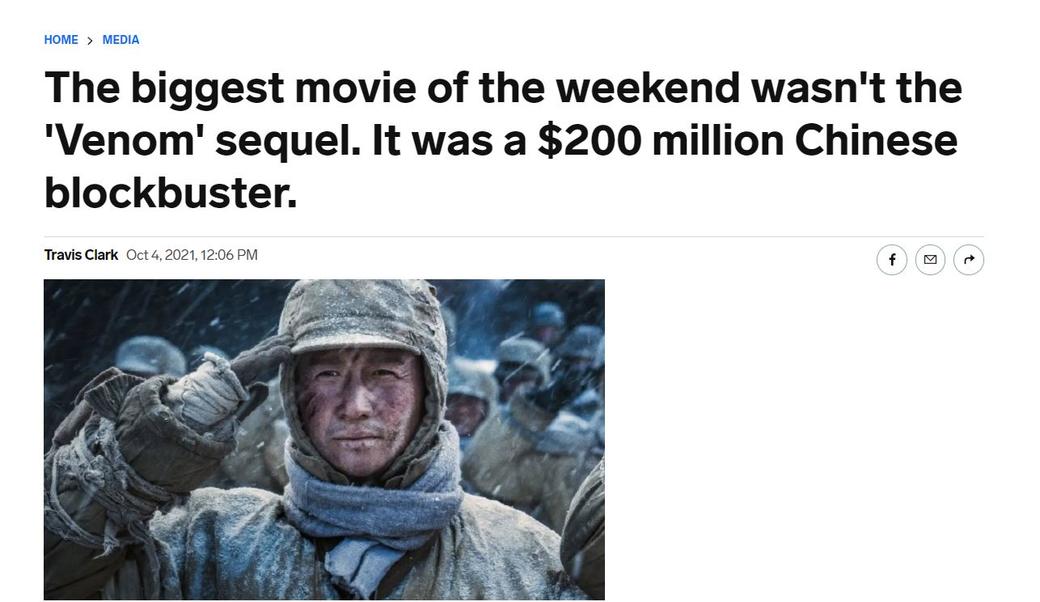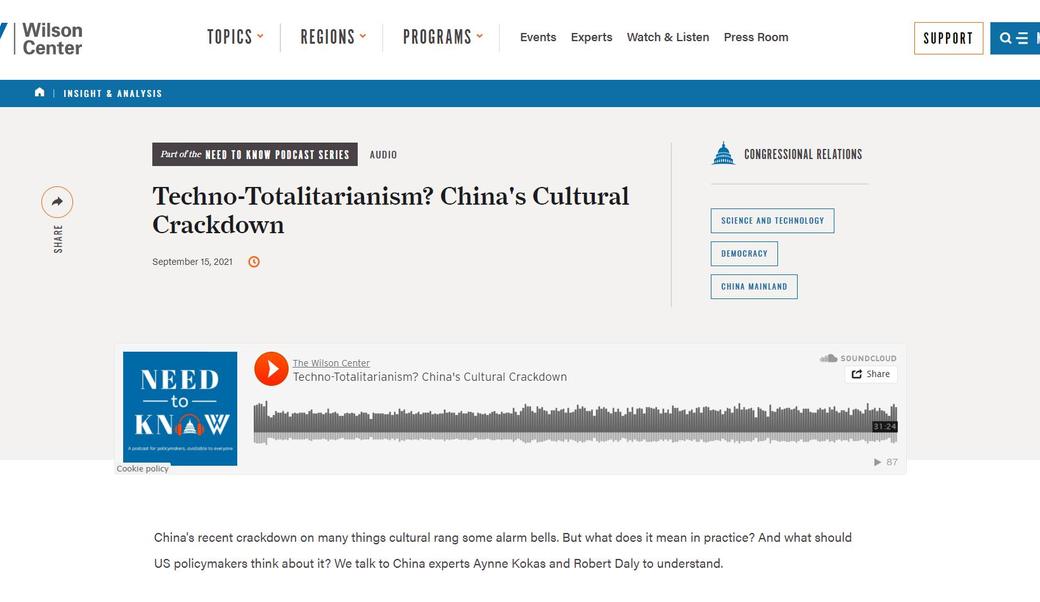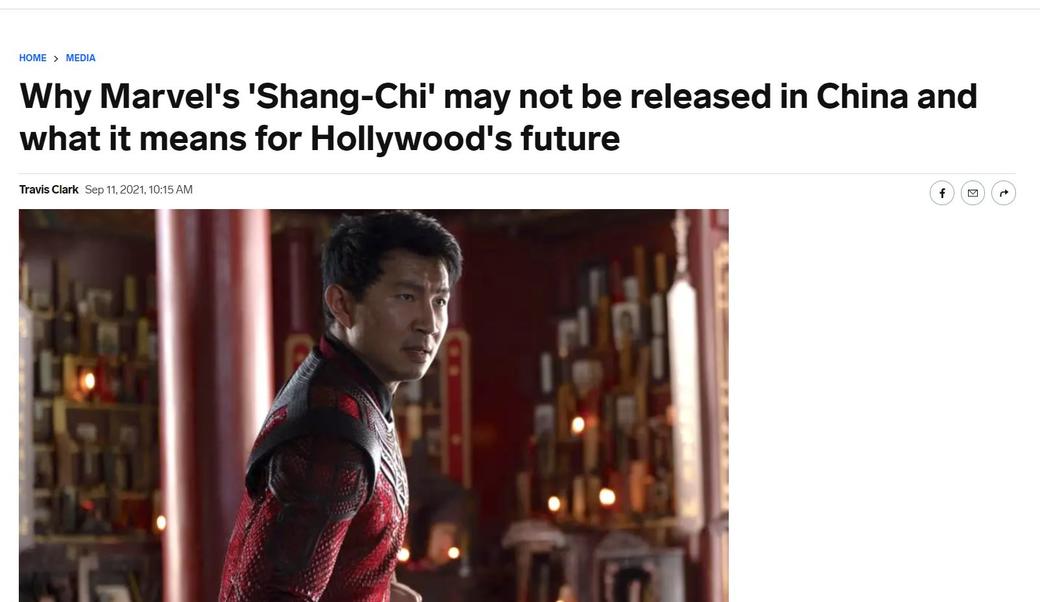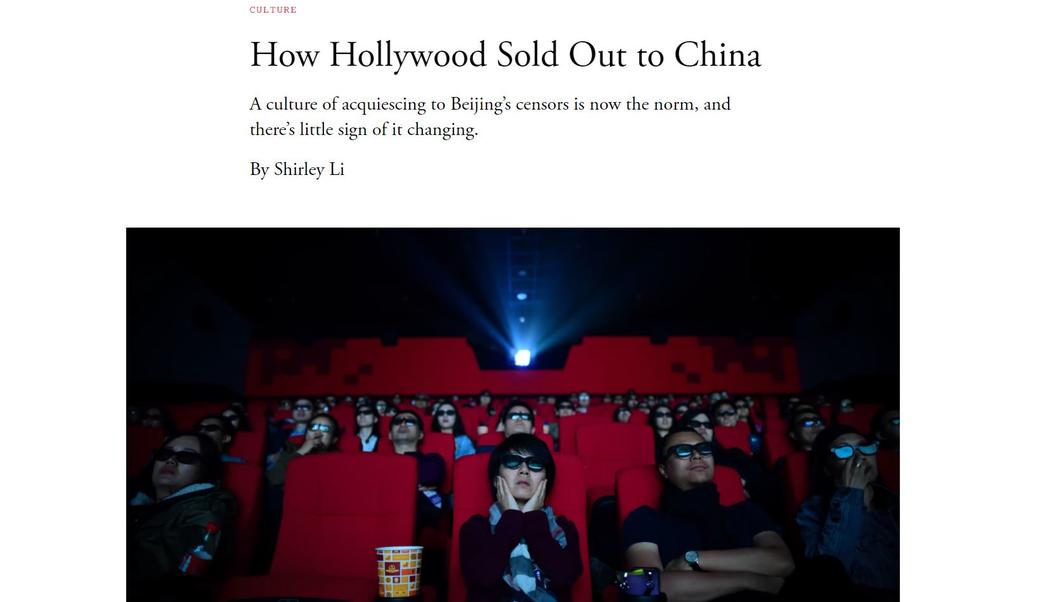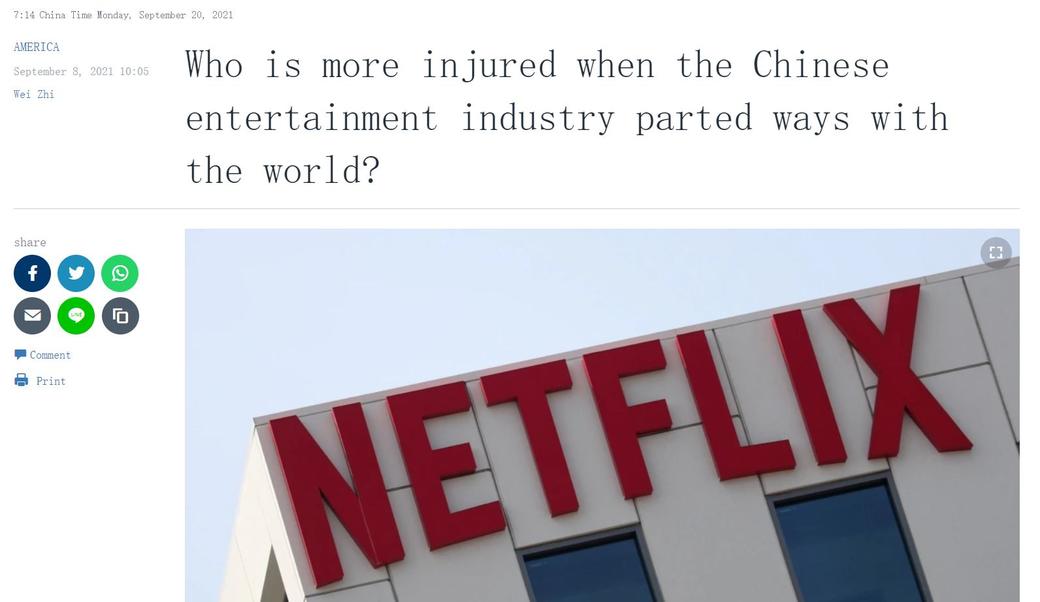Fast Facts
- Director, UVA East Asia Center
- Non-resident scholar, Rice University’s Baker Institute of Public Policy
- Member, Council on Foreign Relations
- Fellow in the National Committee on United States-China Relations’ Public Intellectuals Program
- Expertise on U.S.-China relations, cybersecurity, media industry
Areas Of Expertise
- Foreign Affairs
- Asia
- Domestic Affairs
- Media and the Press
- Science and Technology
Aynne Kokas is the C.K. Yen Professor at the Miller Center, director of UVA's East Asia Center, and a professor of media studies at the University of Virginia. Kokas’ research examines Sino-U.S. media and technology relations. Her award-winning book Trafficking Data: How China Is Winning the Battle for Digital Sovereignty (Oxford University Press, October 2022) argues that exploitative Silicon Valley data governance practices help China build infrastructures for global control. Her award-winning first book Hollywood Made in China (University of California Press, 2017) argues that Chinese investment and regulations have transformed the U.S. commercial media industry, most prominently in the case of media conglomerates’ leverage of global commercial brands.
Kokas is a non-resident scholar at Rice University’s Baker Institute of Public Policy, a member of the Council on Foreign Relations, and a fellow in the National Committee on United States-China Relations’ Public Intellectuals Program.
She was a Fulbright Scholar at East China Normal University and has received fellowships from the Library of Congress, National Endowment for the Humanities, Mellon Foundation, Social Science Research Council, Woodrow Wilson Center for International Scholars, Japan’s Abe Fellowship, and other international organizations. Her writing and commentary have appeared globally in more than 50 countries and 15 languages. In the United States, her research and writing appear regularly in media outlets including CNBC, NPR’s Marketplace, The Washington Post, and Wired. She has testified before the Senate Finance Committee, House Foreign Affairs Committee, Congressional-Executive Commission on China, and the U.S. International Trade Commission.
